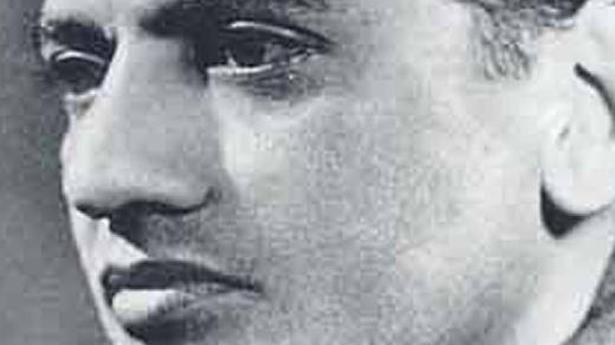
Why Faiz will always matter
The Hindu
His poetry is the poetry of protest — establishments fear it for a reason
Aur bhi dukh hain zamane mein mohabbat ke siva/
Rahaten aur bhi hain vasl ki rahat ke siva.
(There are sorrows, other than love in the world/
There are comforts other than a lover’s union can provide.)
I don’t know how old I was when I first heard my mother reciting the lines, but they opened my eyes to a world where poetry was used not for singing in the beloved’s praise but for talking of the rights of the oppressed. I was growing up in an independent India which was seeped in idealism, socialism and secularism. My favourite poet while growing up in the 1960s was, of course, Sahir Ludhianvi.
But this nazm, or poem, by Faiz Ahmad Faiz (1911-1984) soon became my favourite verse — its first line is “ Mujh se pahli si mohabbat meri mahbub na mang (My love, do not ask me for that earlier [intense] love)”. It would be used variously for defiance, protest and, in my initial teenage years, even laughingly when I tried to skip chores. A teenager wasn’t expected to understand everything.
The poem was part of his first collection of poetry Naqsh-e Faryadi (The Supplicant’s Portrait), published in 1941. This was an age of turmoil, with undivided India fighting colonialism amid World War II. Along with other poets of the subcontinent, Faiz had become part of the Progressive Writers’ Movement founded by Sajjad Zaheer and Mulk Raj Anand, among others, in London in the 1930s. Anguished by the tumultuous events around them, poets and writers wanted to use their voices to highlight the plight of the common man.





















 Run 3 Space | Play Space Running Game
Run 3 Space | Play Space Running Game Traffic Jam 3D | Online Racing Game
Traffic Jam 3D | Online Racing Game Duck Hunt | Play Old Classic Game
Duck Hunt | Play Old Classic Game











